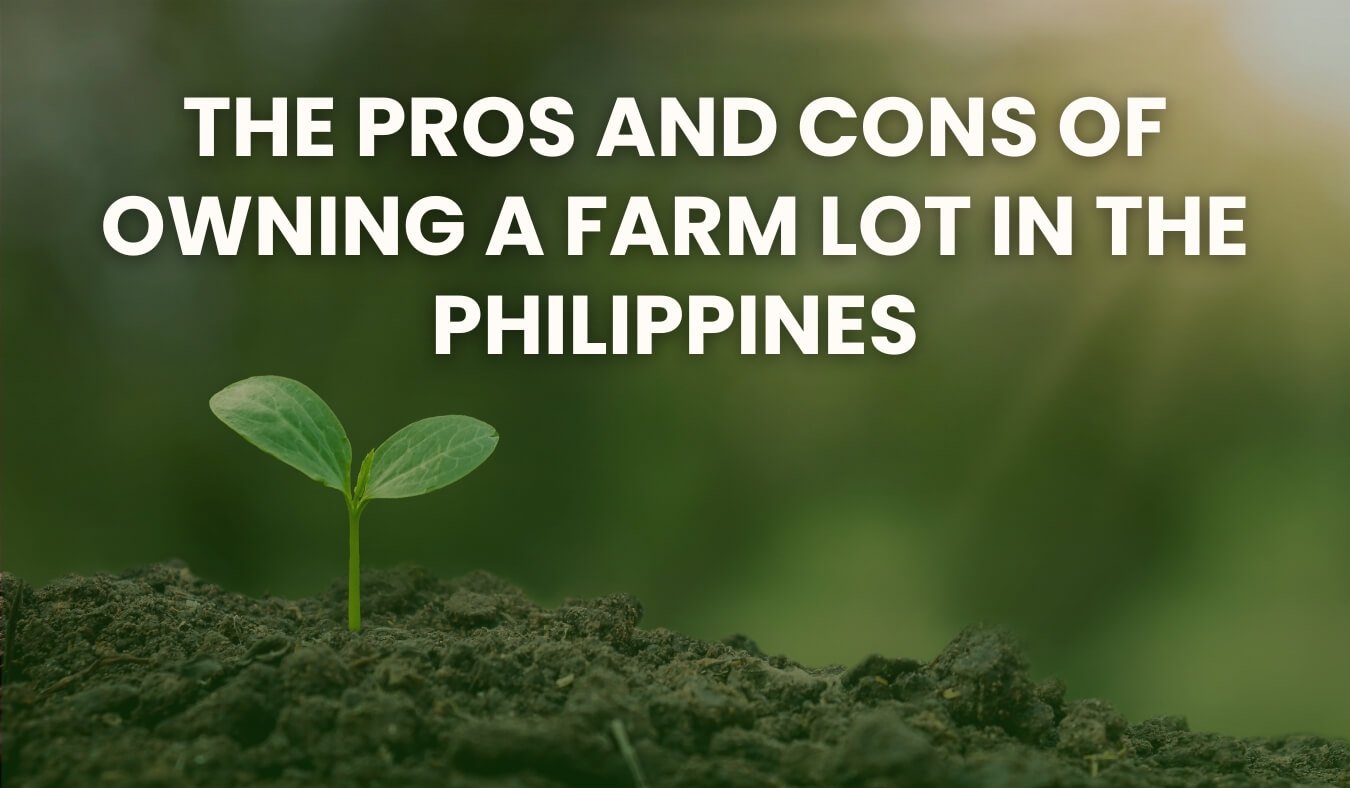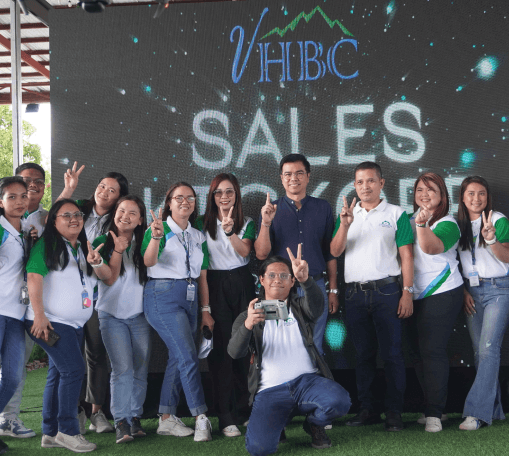The Role of Technology in Sustainable Agriculture: Innovations for a Greener Future
Sustainable agriculture is transforming the way we grow food, ensuring environmental health, economic profitability, and social equity. With climate change, soil degradation, and increasing food demand, farmers worldwide—including in the Philippines—are adopting cutting-edge technology to make farming more efficient, eco-friendly, and resilient.
This in-depth guide explores how technology is revolutionizing sustainable agriculture, from AI-driven farming to blockchain traceability, and how these innovations are shaping the future of food production.
Why Sustainable Agriculture Matters
The Global Need for Sustainable Farming
The world’s population is expected to reach 9.7 billion by 2050, increasing food demand by 70% (FAO). Traditional farming methods, reliant on chemical fertilizers and excessive water use, are no longer viable. Sustainable agriculture offers a solution by:
✔ Reducing environmental degradation
✔ Conserving water and soil health
✔ Increasing long-term farm productivity
✔ Supporting rural livelihoods
Challenges in Philippine Agriculture
The Philippines faces unique challenges, including:
Limited arable land (only 30% of total land area is suitable for farming)
Climate vulnerability (typhoons, droughts, and erratic weather)
High post-harvest losses (up to 40% for some crops)
Technology is helping Filipino farmers overcome these obstacles while maintaining sustainability.
Key Technologies Driving Sustainable Agriculture
1. Precision Farming: Optimizing Resources with Data
Precision farming uses IoT sensors, drones, and AI to monitor crops in real time.
How It Works
Soil Sensors measure moisture, pH, and nutrient levels.
GPS & Drones create field maps for targeted irrigation and fertilization.
AI Analytics predict crop diseases before they spread.
Example: In Nueva Ecija, rice farmers using precision agriculture reduced water usage by 30% while increasing yields by 20% (IRRI Study).
🔗 External Resource: International Rice Research Institute (IRRI) on Precision Farming
2. AI and Machine Learning in Farming
Artificial Intelligence (AI) helps farmers make data-driven decisions.
Applications of AI in Sustainable Agriculture
Pest Detection: AI-powered apps like Plantix identify diseases from leaf images.
Yield Prediction: Machine learning models forecast harvest volumes.
Automated Weeding: Robots like FarmWise remove weeds without herbicides.
Case Study: A mango farm in Guimaras used AI-based pest monitoring to reduce pesticide use by 50%, aligning with organic farming standards.
🔗 External Resource: FAO Report on AI in Agriculture
3. Blockchain for Transparent Food Supply Chains
Consumers increasingly demand traceability in food production.
Benefits of Blockchain in Farming
Farm-to-Table Tracking: Platforms like TraceX record every step of production.
Fair Pricing: Eliminates middlemen, ensuring farmers get fair pay.
Certification Integrity: Prevents fraud in organic and fair-trade labels.
Philippine Example: A coconut cooperative in Quezon uses blockchain to export organic virgin coconut oil (VCO) with verified sustainability claims.
🔗 External Resource: IBM Food Trust – Blockchain for Agriculture
4. Vertical Farming and Hydroponics
With limited arable land, urban farming solutions are rising.
Advantages of Vertical Farming
Uses 95% less water than traditional farming.
No soil needed (ideal for cities like Manila).
Year-round production (climate-controlled environments).
Philippine Adoption: Companies like Urban Greens grow organic lettuce and herbs in Manila using hydroponics.
🔗 External Resource: NASA Research on Hydroponics
Digital Tools Enhancing Agri-Tourism in the Philippines
Agri-tourism combines farming and tourism, and technology is making it more accessible.
1. Online Booking Platforms for Farm Stays
Platforms like Airbnb and Booking.com now feature farm stays, allowing tourists to experience sustainable agriculture firsthand.
2. Virtual Farm Tours (360° & Drone Footage)
Farms like Costales Nature Farms use virtual tours to attract visitors before they arrive.
3. E-Commerce for Farm Products
Shopee and Lazada help farmers sell directly to consumers.
Farm-specific apps like Mayani connect smallholders to buyers.
🔗 Internal Link: Read our guide on Best Agri-Tourism Spots in the Philippines
Government and NGO Initiatives Supporting Sustainable Agriculture
1. DA’s “Smart Agriculture” Program
The Philippine Department of Agriculture (DA) promotes:
Free training on precision farming
Subsidies for farm sensors and drones
2. World Bank’s Climate-Smart Farming Projects
Funds solar-powered irrigation and AI-based weather forecasting for Filipino farmers.
🔗 External Resource: World Bank Philippines Agriculture Projects
The Future of Sustainable Agriculture in the Philippines
Experts predict that by 2030, over 60% of Filipino farms will use some form of digital agriculture. Key trends include:
More affordable AI tools for small farmers
Expansion of blockchain in organic exports
Rise of urban farming in Metro Manila
Final Thoughts: Embracing Tech for a Sustainable Future
Sustainable agriculture is no longer optional—it’s essential for food security and environmental survival. By adopting AI, IoT, blockchain, and vertical farming, Filipino farmers can:
✅ Increase yields sustainably
✅ Reduce waste and costs
✅ Meet global demand for organic food
The future of farming is smart, green, and tech-driven.
🔗 Internal Link: Learn how to start an organic farm in the Philippines




























